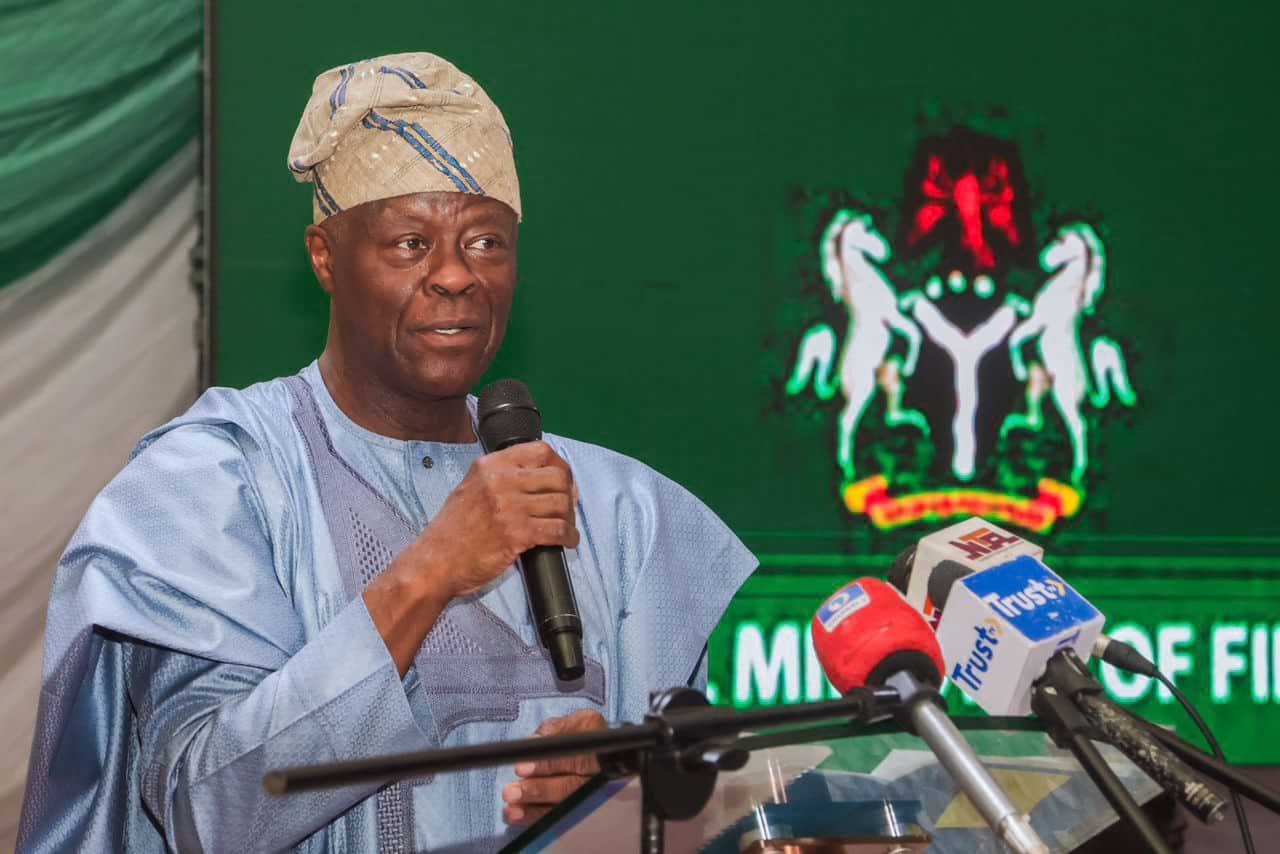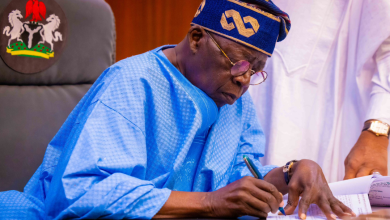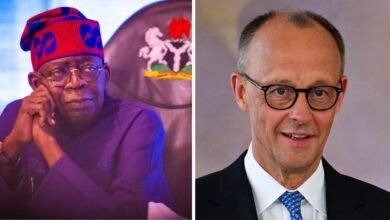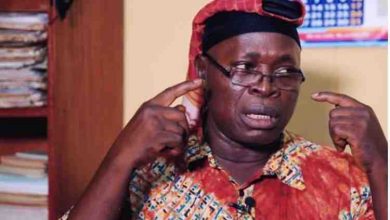
The Honourable Minister of Finance and Coordinating Minister of the Economy, Mr. Wale Edun, has welcomed the newly released rebased Gross Domestic Product (GDP) figures for Nigeria and the Q1 2025 GDP growth estimate of 3.13%, describing both as strong indicators of economic resilience and renewed national momentum.
The GDP rebasing exercise—Nigeria’s first since 2014—was conducted by the National Bureau of Statistics (NBS) in line with global standards. It marks a major milestone in ensuring the country’s economic data reflects the realities of a modern, evolving economy. According to the Minister, the updated national accounts provide a more accurate and comprehensive picture of Nigeria’s economic structure, particularly highlighting the growing importance of digital innovation, the creative economy, and diversified non-oil activities.
“The rebased GDP provides a clearer lens through which to view Nigeria’s economic performance. It allows policymakers, investors, and citizens to better understand the true size and composition of the economy, so we can plan more effectively and deliver greater prosperity to all Nigerians,” Edun stated.
The new data underscores critical shifts within the Nigerian economy, with the services sector—especially ICT, finance, entertainment, and professional services—gaining an increased share of GDP. Agriculture and manufacturing continue to play vital roles, while the oil and gas sector has declined in relative importance, reflecting the government’s push for diversification.
“These changes are not just statistical—they reflect real transitions underway in the Nigerian economy. Our young, tech-savvy population is powering growth in new sectors, and our reforms are unlocking the potential of industries that were previously underrepresented in our GDP figures,” Edun said.
He added that the evolving structure of the economy affirms the government’s strategy of driving future growth through investments in productivity, infrastructure, digital innovation, and human capital development.
Edun also pointed to the 3.13% year-on-year GDP growth recorded in the first quarter of 2025—up from 2.4% in Q1 2024—as a promising sign of economic momentum under the Renewed Hope Agenda. The growth was largely fueled by strong performances in agriculture, telecommunications, construction, and financial services.
“We are encouraged by the broad-based nature of this growth, which is occurring across key sectors and supported by stable macroeconomic reforms. This trajectory reinforces our belief that Nigeria is on the path to rapid, sustained, and inclusive growth,” he said.
The Minister reaffirmed the government’s medium-term target of achieving 7% annual GDP growth, emphasizing that structural reforms, fiscal discipline, and strategic investments will be key to attaining this goal.
“Our goal is not just growth, but growth with impact, especially the creation of quality jobs. The new data helps us better track progress, refine our strategies, and ensure that economic expansion translates into more jobs, higher incomes, and better living standards for all Nigerians,” he added.
The Federal Ministry of Finance commended the National Bureau of Statistics for its technical competence and professionalism in executing the GDP rebasing exercise and producing the quarterly reports. Edun described the data as a vital tool for evidence-based policymaking that can unlock Nigeria’s full economic potential.
“These data tools are critical to designing policies that are grounded in reality and aimed at unlocking the full potential of Nigeria’s economy,” he concluded.




